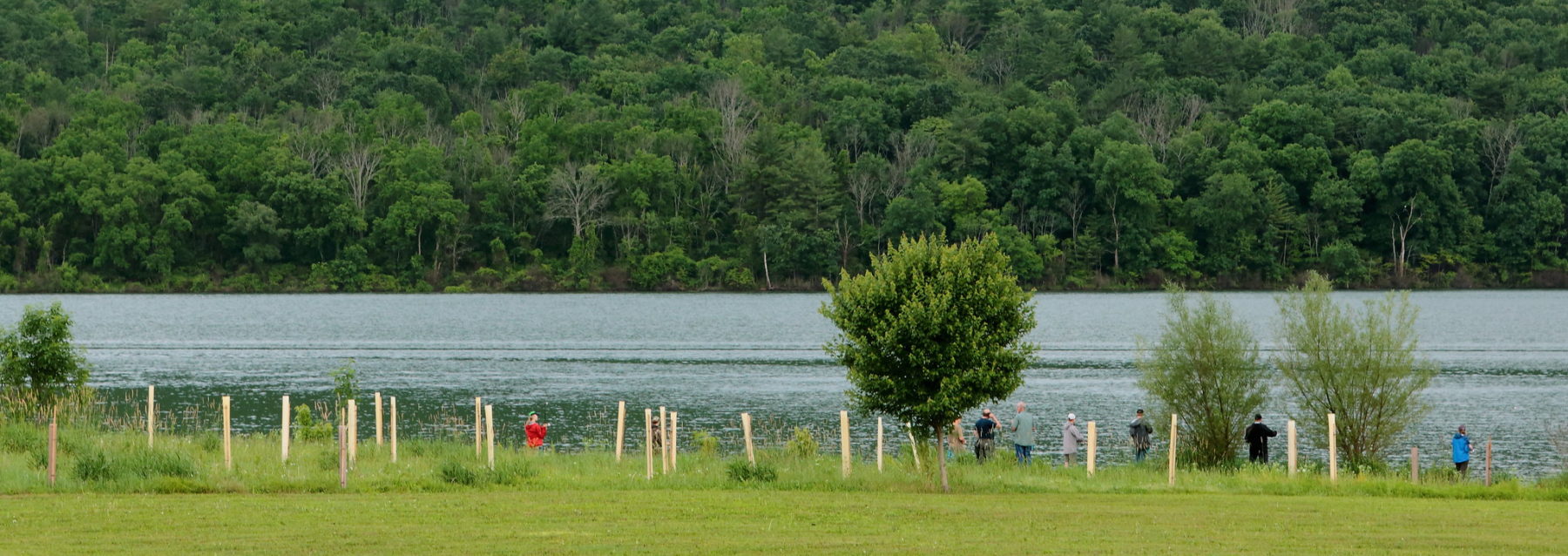This week, Hannah, a monthly blog correspondent and alumni of the Bucktails, Drummers, and Brookies field schools, writes about considering our more “showy” pollinators in the garden. She takes us deeper into the world of butterflies, and why they are key players on the pollinator field.

Posted: March 7, 2017 by Matt Vira
“The Tunnel” – Research to Reduce Bird Collisions
This week’s post comes to us from Zara, a monthly blog correspondent and Drummers alumni. She writes about bird friendly glass that allows birds to prevent window collisions. This new research in window glass has the potential to greatly reduce bird/glass impacts by making the glass more visible to bird in flight.
Posted: March 7, 2017 by Matt Vira
Wintertime I.D. For Common Pennsylvania Trees
This week’s post comes to us from Peter, a monthly blog correspondent, as well as a Drummers and Ursids alumni. He writes about identifying trees in the winter when there are no leaves to rely on. This is not only a useful skill to have, it is also a fun way to spend time outdoors or on hikes!
Posted: February 27, 2017 by Matt Vira
Go Green
This blog post is written by Gabi, a Drummer’s alumni and monthly blog correspondent. She details different kinds of “green” energy, giving a deeper understanding of “going green”. Gabi focuses on solar power as an option when making a choice for your energy source.
Posted: February 14, 2017 by Katie Cassidy
Beneficials in the Garden
This week, Hannah, a monthly blog correspondent and alumni of the Bucktails, Drummers, and Brookies field schools, writes about considering our more “showy” pollinators in the garden. She takes us deeper into the world of butterflies, and why they are key players on the pollinator field.
Posted: February 7, 2017 by Katie Cassidy
A Mid-winter Mystery
This week’s blog post is written by Wulfgar, a Drummers alumni, who muses about how trees make it through the long, harsh winter months. His curiosity piqued, Wulfgar dug deeper into the mystery of what happens to trees during winter, and found out what special adaptations they have developed to survive.